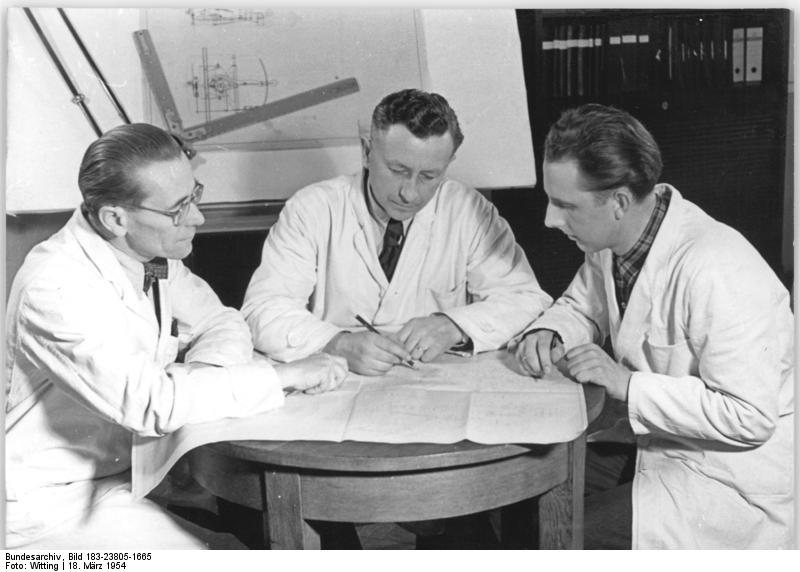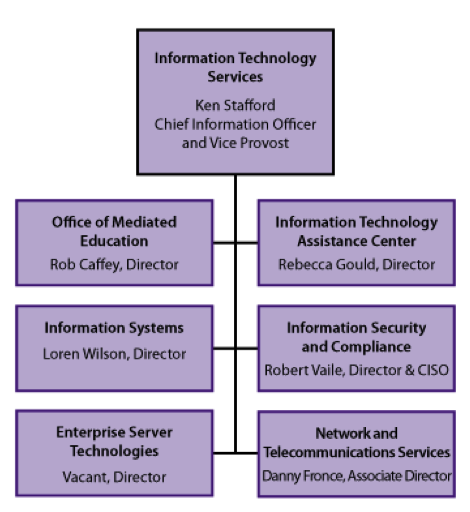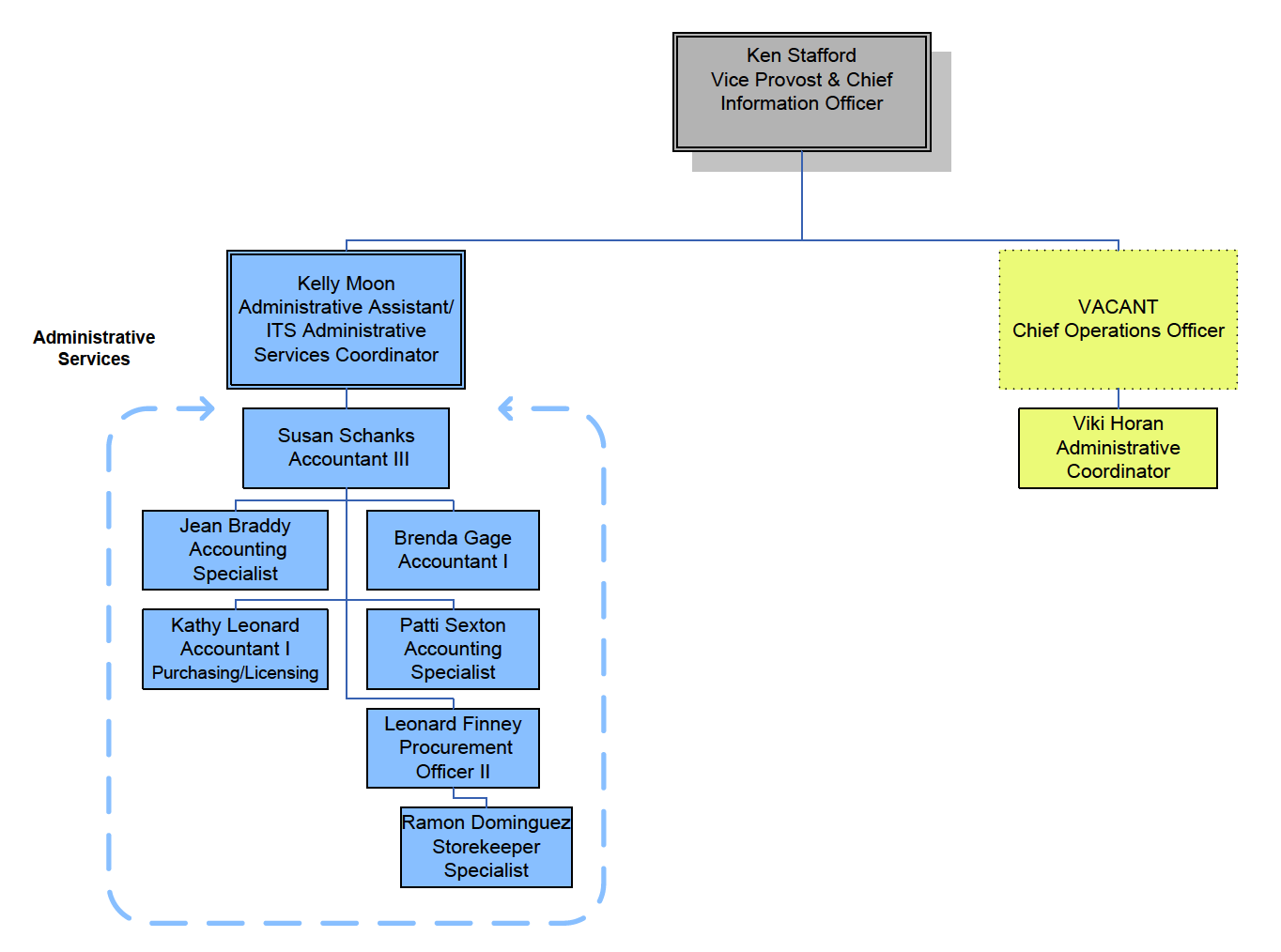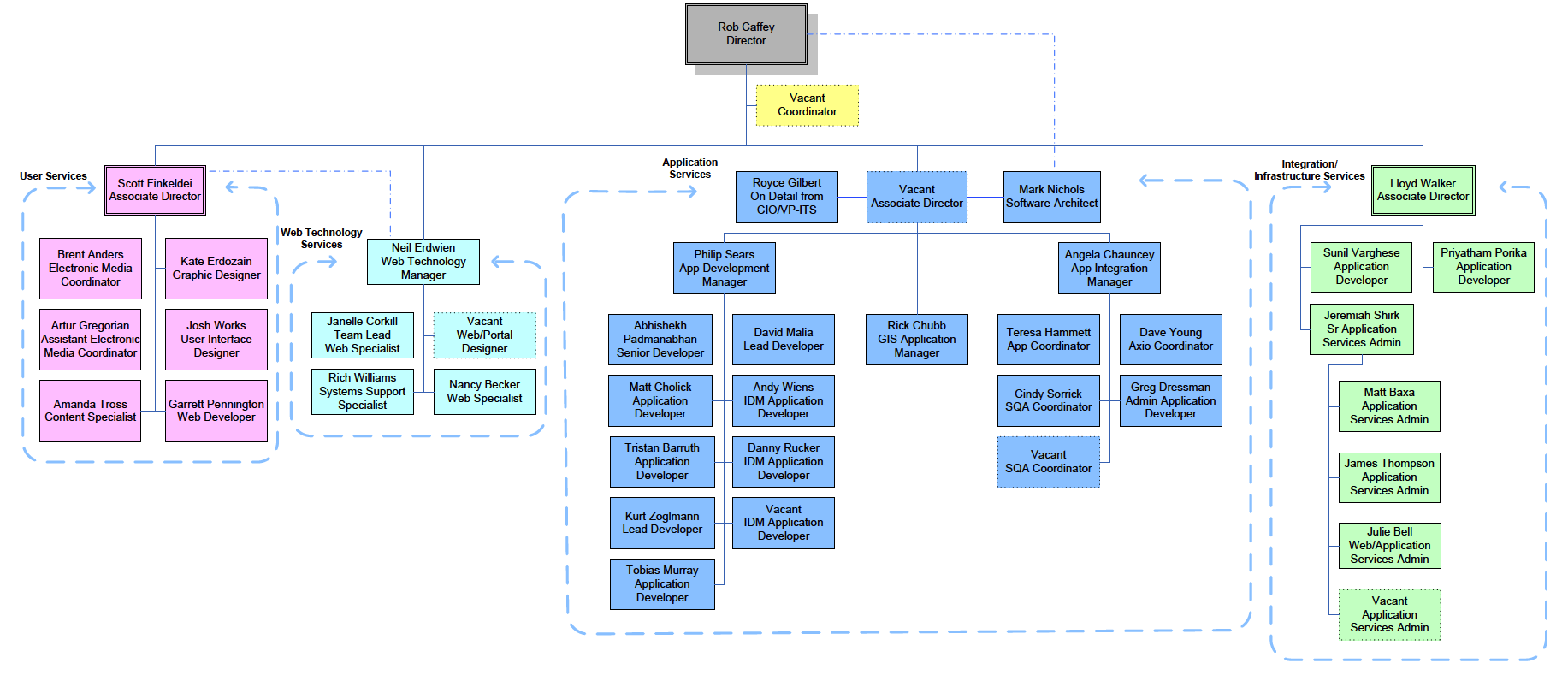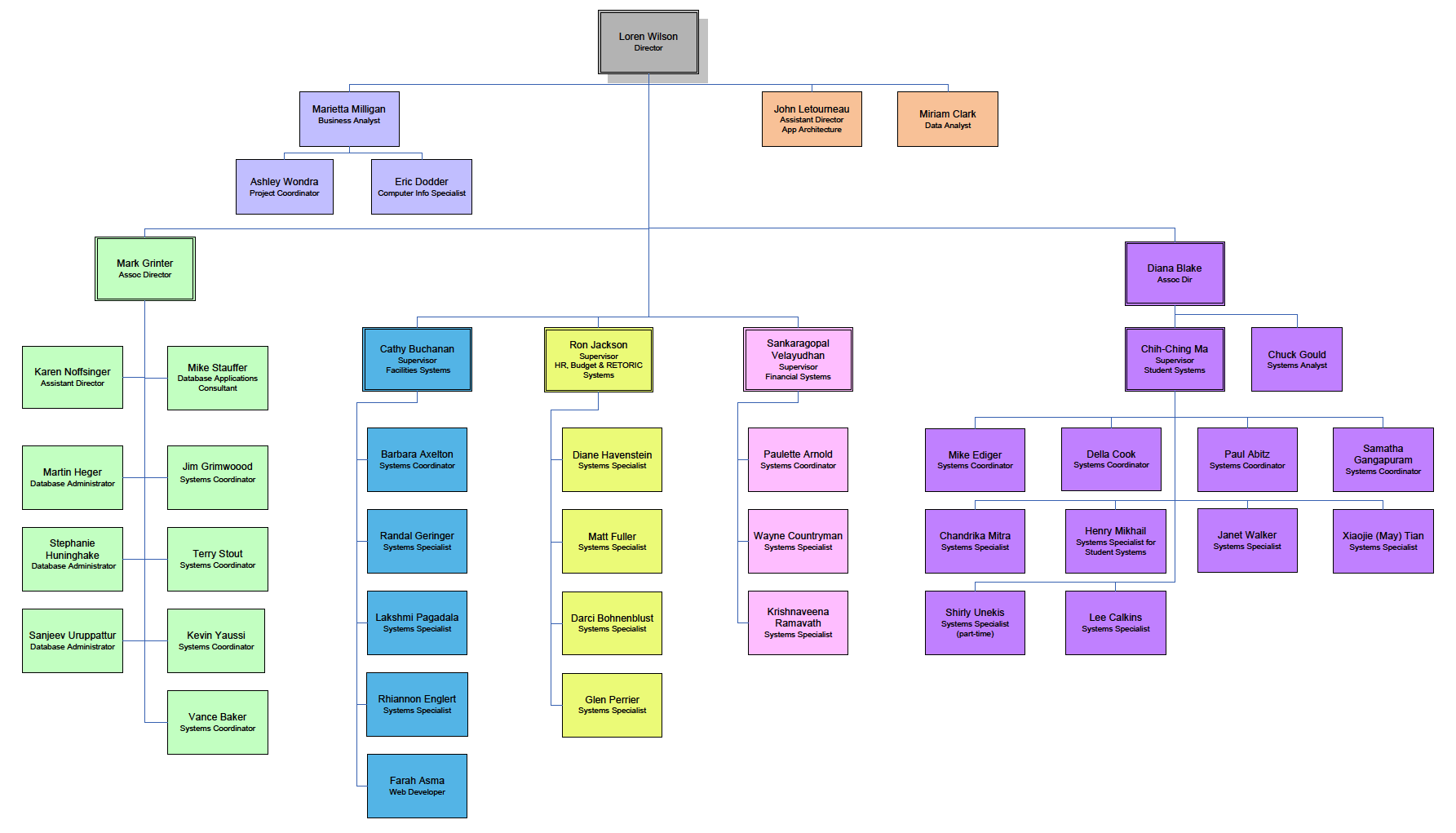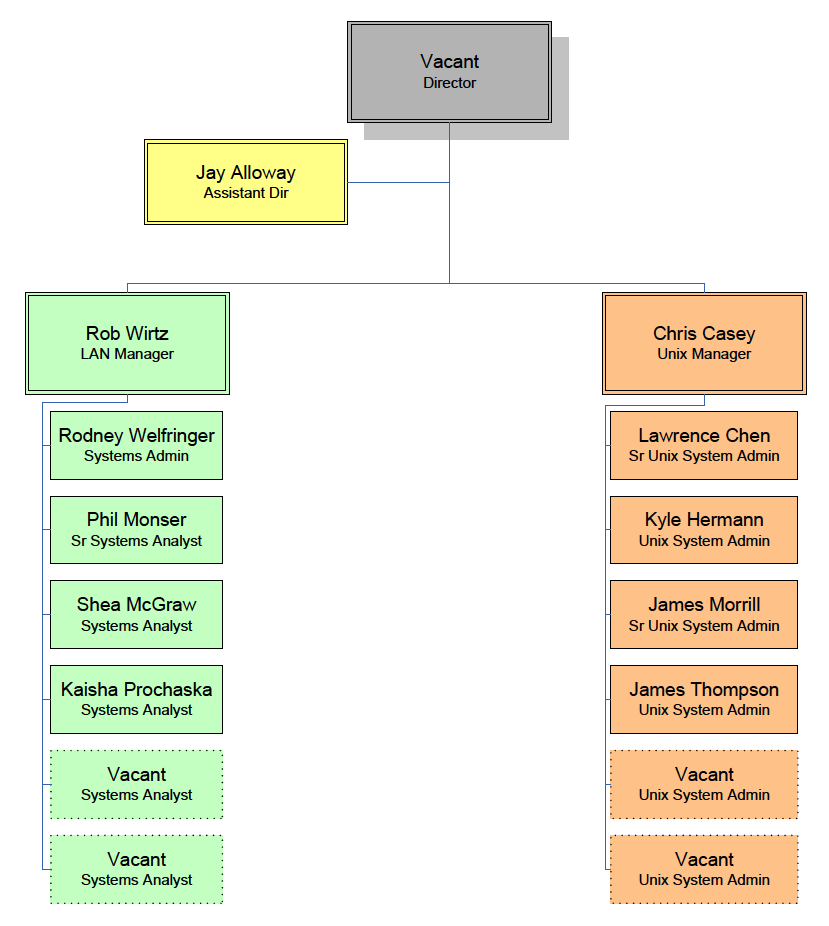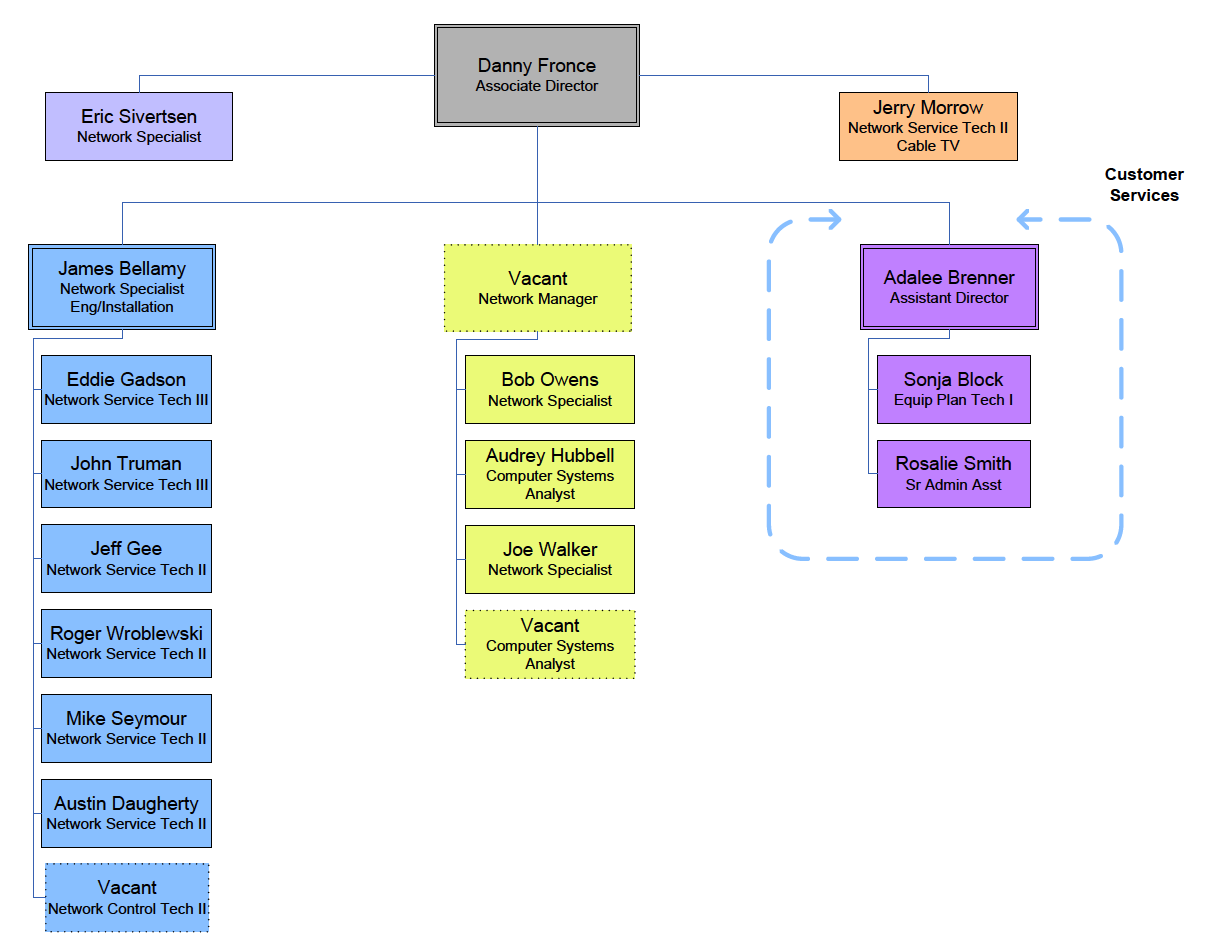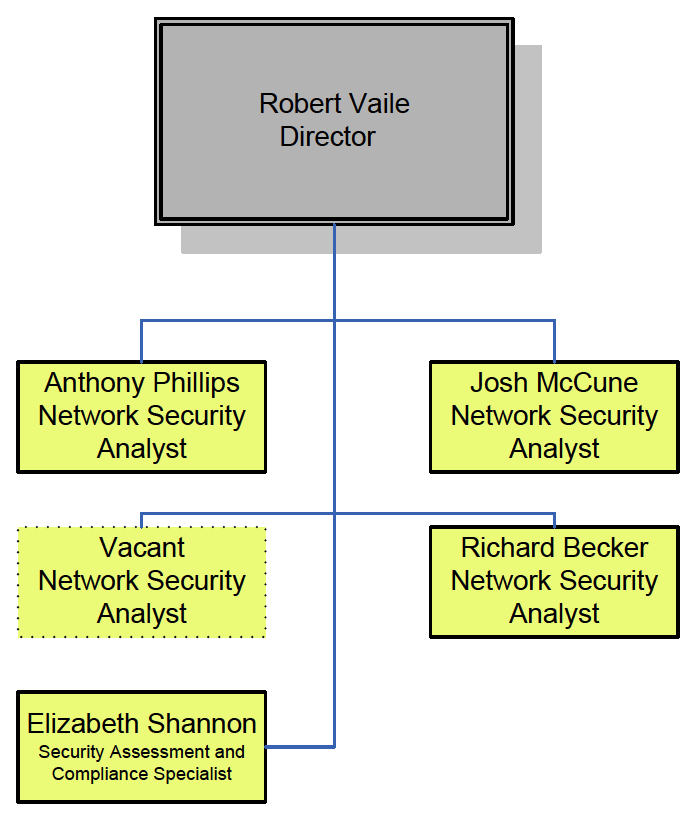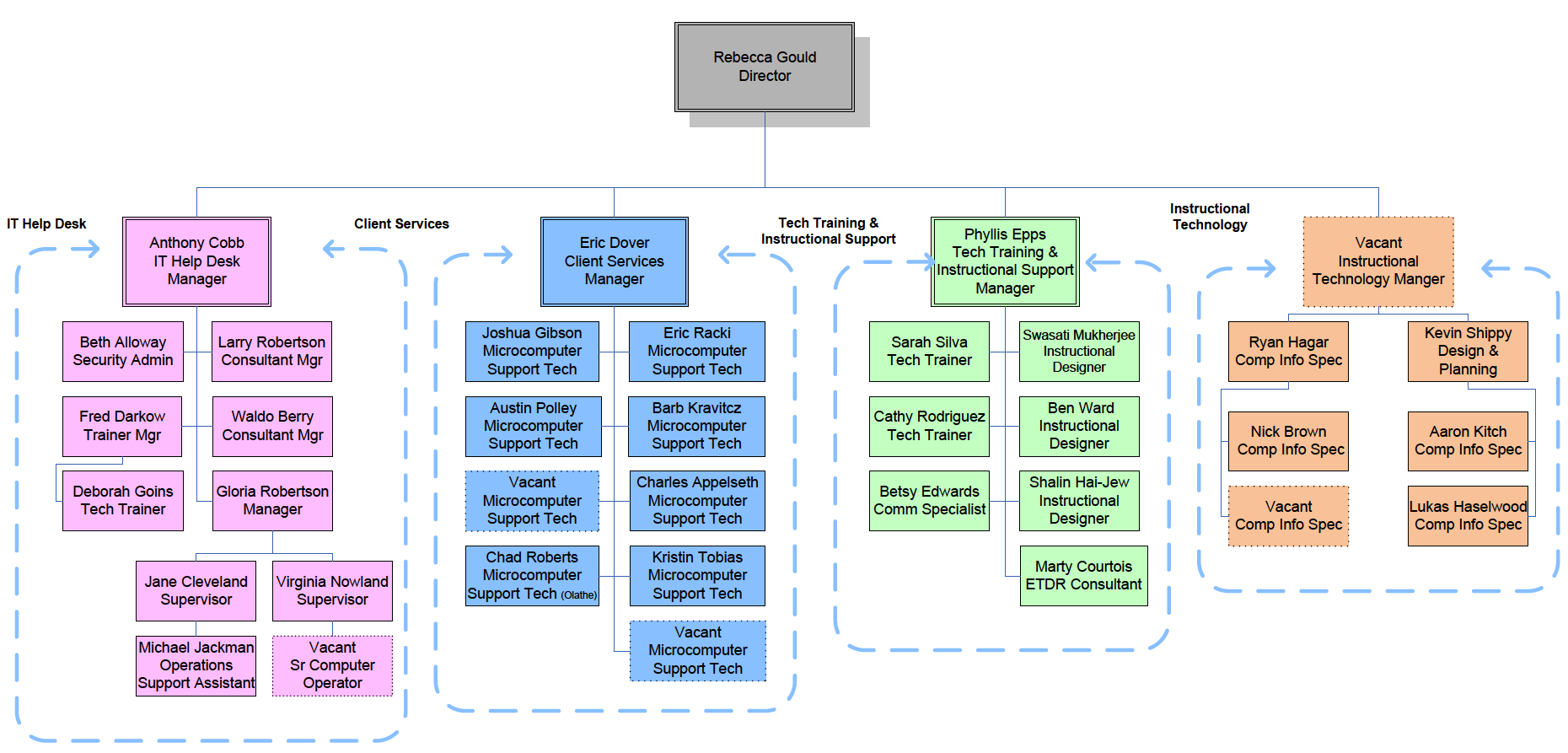Your browser doesn't support the features required by impress.js, so you are presented with a simplified version of this presentation.
For the best experience please use the latest Chrome, Safari or Firefox browser.
CIS 225
Duties of a System Administrator
What does a
System Administrator Do?
IBM Tabulator - Social Security Administration (1936)
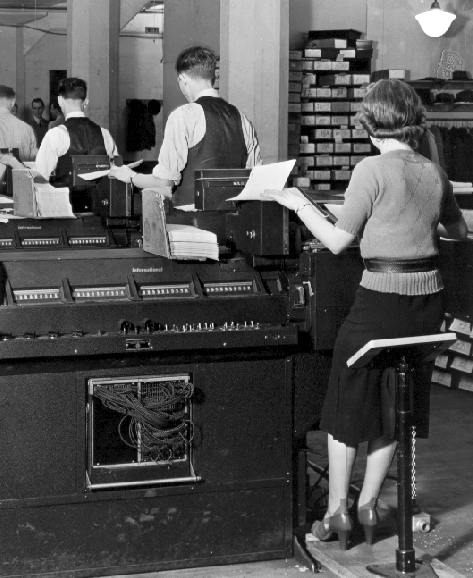
Image Source: Wikipedia
System Administrator Duties
- Technical: hardware, software, infrastructure
- Customer Service: education, communications
- Managerial: policy, finance, planning
- Change Management: upgrades, implementation
Best Practices
- Documentation & Recordkeeping
- Backup, Redundancy & Uptime
- Logging & Auditing
- Automation & Time Management
- Conservative, Incremental Changes
- Using Policies Effectively
- Teamwork!
From the Readings
- Sysadmins used to "put out fires" & document as time allowed
- Machines were set up by hand
- Today they use configuration management tools like Puppet
- Not everyone can know everything anymore, so teams are needed
Functional Org Structure

Project Org Structure

Chief Information Officer
- Oversee entire IT operation
- Interact with upper administration
- Set overall IT goals and direction
- Formulate IT strategy
- Work with diverse groups on projects
Services Administrator
- Manage server applications
- Administrate servers
- Manage server configurations
- Monitor system status
- Research new technologies
Database Administrator
- Design database structures
- Administrate database servers
- Build concise data queries
- Monitor and improve performance
- Plan for future data storage needs
Systems Coordinator
- Design application systems
- Develop linkages between systems
- Work with subject matter experts
- Develop interfaces and reports
- Implement new features and enhancements
Systems Specialist
- Fully understand application systems
- Monitor system status and performance
- Provide training
- Develop interfaces and reports
- Implement new features and enhancements
Systems Analyst
- Research needs of organization
- Provide software and hardware recommendations
- Ensure systems meet business needs
- Perform system testing
- Design new system components
Systems Administrator
- Operate and maintain server systems
- Perform audits of systems
- Install and configure new systems
- Troubleshoot and resolve issues
- Apply updates and patches
- Manage user accounts and permissions
Network Administrator
- Monitor network performance / health
- Design network systems and layouts
- Manage network core systems
- Troubleshoot and resolve issues
- Configure and install new equipment
- Watch for network intrusions
Chief Information Security Officer
- Protect sensitive data
- Ensure regulatory compliance
- Perform risk analysis and mitigation
- Respond to threats and intrusions
- Guard against cybersecurity threats
- Train users to avoid risky behaviors
Security Analyst
- Audit systems to ensure compliance
- Conduct user training
- Monitor systems for intrusions
- Perform forensic analysis
- Configure firewalls and routing
- Ensure systems are secured properly
Help Desk Staff
- Respond to user issues
- Troubleshoot and resolve problems
- Configure and deploy user systems
- Perform routine maintenance
- Coordinate repairs and warranties
- Hold user training sessions
- Report issues to appropriate groups
Review
- Chief Information Officer
- Chief Information Security Officer
- Services Administrator
- Systems Administrator, Analyst, Specialist, Coordinator
- Network Administrator
- Security Analyst
- Help Desk Staff
